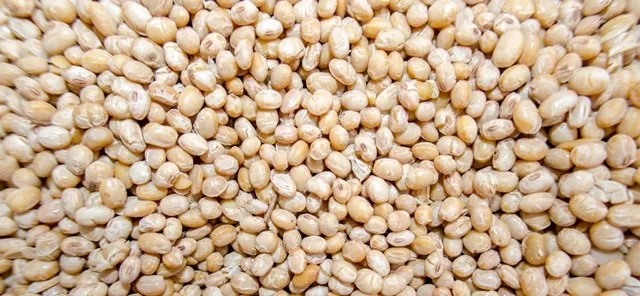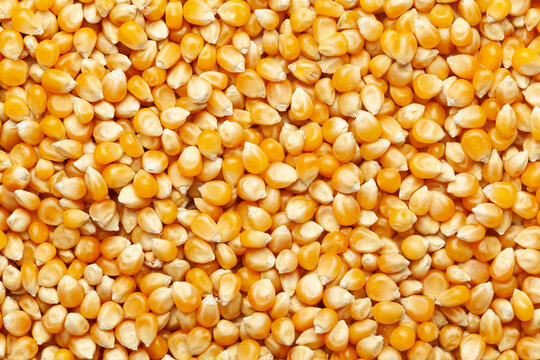
President Yoweri Museveni will officiate at the forthcoming 10th Grain Trade Summit to take place in Uganda, lead organizer, the East African Grain Council (EAGC) has confirmed.
At a press conference held on Friday, February 10, 2023, Mr. Gerald Masila, the EAGC Executive Director told reporters that the much sought-after summit, known for shaping the strategic direction for the development of grain trade and the grain sector in Africa would run from 5 to 7 October 2023 in Kampala.
This will be the 10th edition of the biennial, high-level, multi-stakeholder African Grain Trade Summit and will be organized by the Eastern Africa Grain Council in partnership with the Government of Uganda and grain value chain stakeholders.
Mr. Masila said Uganda has adopted a very progressive trading policy and commended the Kampala regime for supporting the agriculture trade through various interventions including Operation Wealth Creation (OWC).
He said government innervations have helped to address agricultural value chain challenges including post-harvest dilemma.
Masila said Africa and the region are becoming increasingly important in global grain trade as evidenced by cross-border trade volumes of over 868,000 MT of maize, 686,000 MT of beans, and 259,000 MT of rice traded across East African Community borders since the second quarter of 2020.
However, Mr. Masila noted that the pressure to feed the fast-growing and rapidly urbanizing populations has resulted in a food production and productivity growth lag, widening Africa’s import gap which is projected to reach USD90 billion by 2030 from USD43 billion estimated in 2019.
“Africa has in the recent past, owing to its untapped agricultural potential, witnessed increased interest from more advanced economies looking to invest in agricultural production to feed their industries and populations,” Masila said.
Under this arrangement, he urged Uganda to seize this opportunity being a regional maize producer for the last 10 and so years.
Mr. Masila said the council is taking a lead role in addressing Afratoxin through the development of Afrasafe solutions and the ozone treatment which removes Aflatoxin in maize as one of the efforts.
The 10th Africa Grain Trade Summit will address the issues that limit trade in grains and staple foods in the eastern Africa region and Africa at large. The focus will be on what needs to be done for grain trade to thrive – between producers and traders through to processors and to the final consumers – in an efficient and effective manner that will reduce transaction costs and increase earnings to the value chain actors while making food affordable to consumers.
The focus will be on technology, information, and services. These are some of the major factors hindering the competitiveness and productivity of grain sector value chains in eastern and southern Africa. The 10 the, like previous editions of the summit, aims to gain high-level commitment to improving the policy environment for regional grain trade.
Emmanuel Asiimwe, EAGC Uganda country director grain players to comply with acceptable quality standards if they benefit from the international market.
Assimwe told reporters that the remaining challenge has been that the maize that is rejected due to high Aflatoxin levels, has alternative buyers in local markets.
Asiimwe revealed that during the summit they will engage the government of Uganda to adopt the applicable standards in Kenya and Rwanda to get applied here to help Uganda also be able to export more to those markets.
The summit is anticipated to physically convene about 400 participants among them the President of the host country – the Yoweri Museveni, Agricultural Ministers as well as other high-level policy decision-makers, agricultural researchers, experts, and grain value chain stakeholders both in the public and private sector across the globe.
The summit will further seek to tap into innovations and regulatory models that improve compliance with food safety measures as food commodities move along the value chains while building resilience along the value chains, the organizers said.






